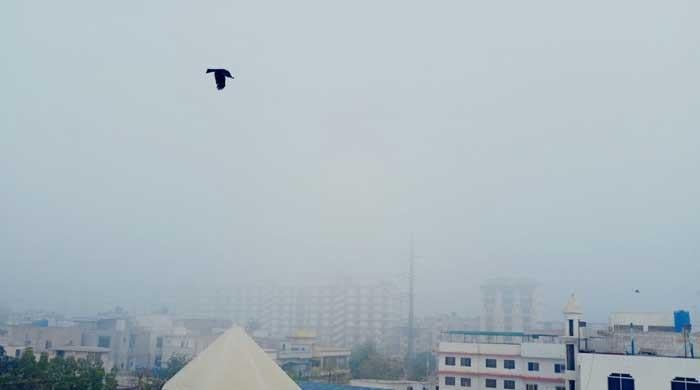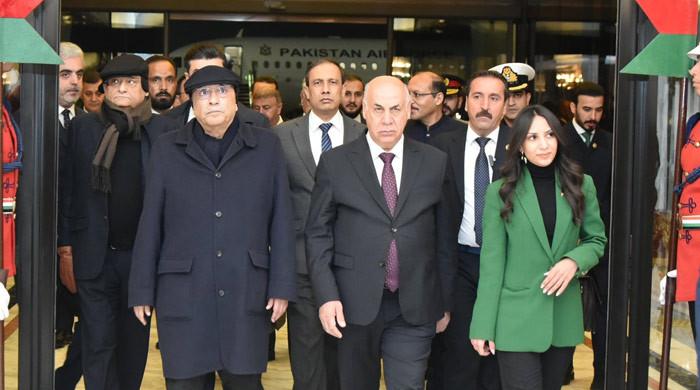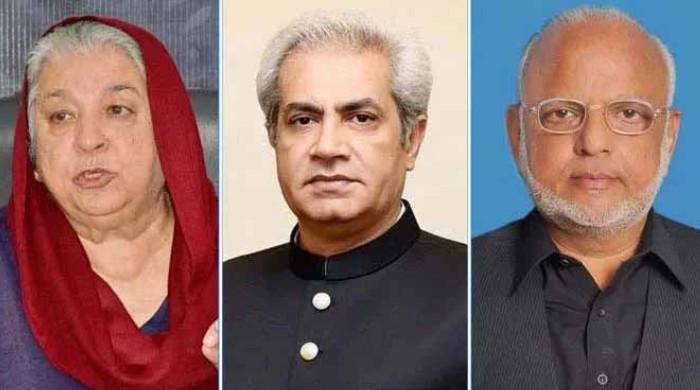With militants on the run, is Karachi safe?
The ANP, which bore the brunt of Taliban attacks in Karachi from 2011-2014, fears the relative calm may disappear if the Karachi Operation ends
September 07, 2017
KARACHI: Atharbaz Shah veered his car away from oncoming traffic onto a narrow lane headed straight towards the city's Manghopir area.
“A few years ago, we, workers of the Awami National Party (ANP), had this running joke,” he said, half smiling, “We would guess who would be the next amongst us to be killed. In those days, I would never leave my house without reciting the Kalima.”
Twenty minutes later, Shah parked outside an abandoned field with a gated fence in the middle of which was a small, square room. On one of its pink walls, the words “Taliban Zindabad” were chalked in bold. Before 2011, the room was used as a local office of the ANP.
But then the Taliban arrived in Manghopir.
The militants overran the locality and turned it into a 'no-go area' for law enforcement agencies. People lived in fear. For the new entrants, every thing was up for grabs, including the small, square office, which they converted into a torture chamber. The one police station located in Manghopir had to be shut down due to fear of attacks.
Shah, a prominent leader of the ANP in the area, too began receiving death threats from militants. He then packed up his auto repair shops and fled to Malaysia, only to return in September 2013, after a paramilitary-led operation was launched in the city to cleanse it of criminals and terrorists.
“Between 2011 and 2014, we lost many members of our party,” he adds, running his hand on the wall chalking, “Law and order has been restored to Karachi now, but we still don’t visit this office, let alone use this space. It has a violent past that no one can erase.”
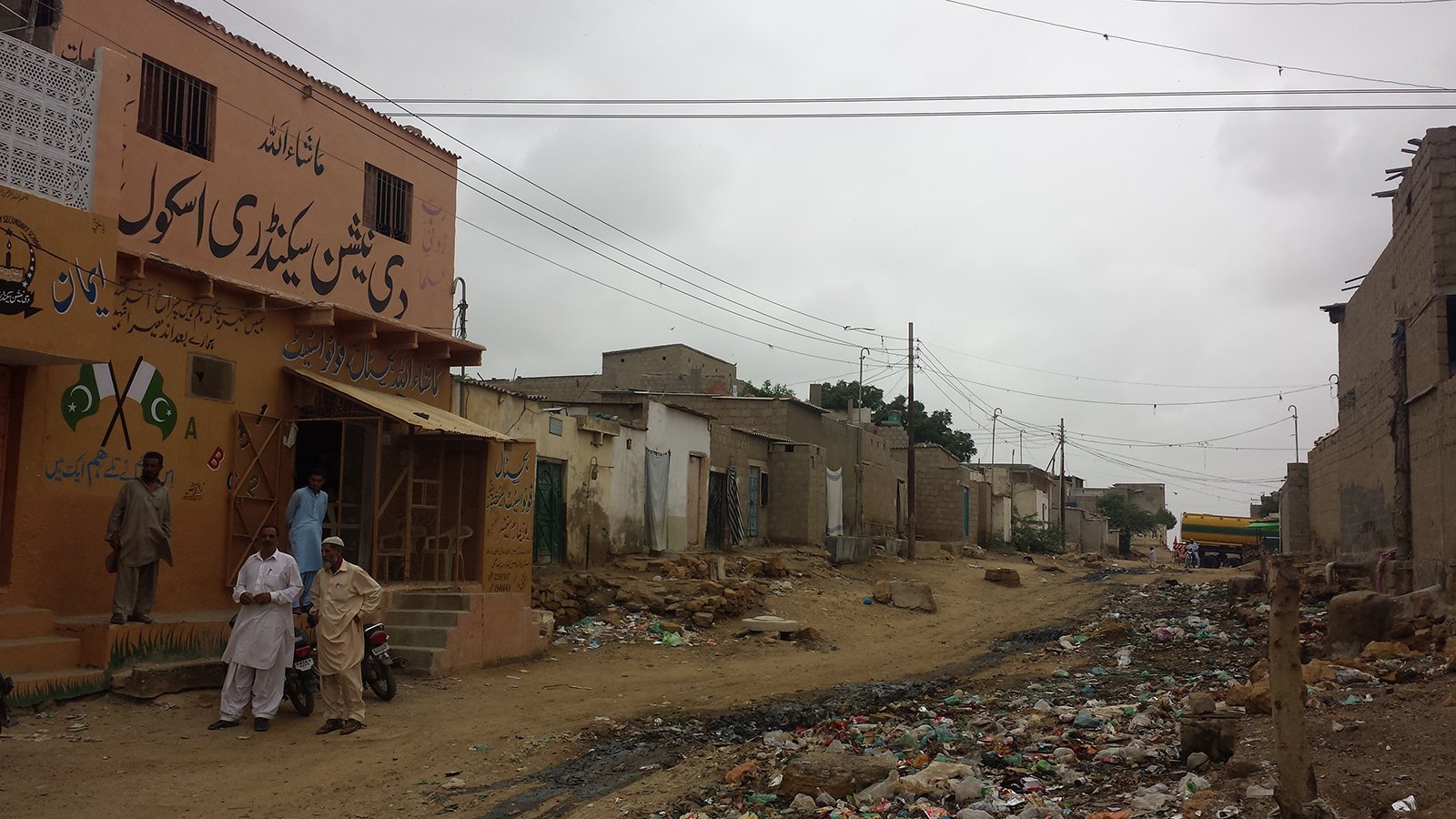
The secular ANP is made up predominately of Pashtuns, as are the Pakistani Taliban groups. In 2008, it formed the government in the Khyber Pakhtunkhwa province, where the Taliban were battling the state in a series of military operations by the armed forces. That same year, the Pakistani Taliban vowed to attack two political parties: the Pakistan Peoples Party and the ANP. Since then, the ANP has lost hundreds of workers and senior officials.
According to the party’s Sindh chapter, 65 workers have been killed in Karachi alone between 2011 and 2014. The onslaught damaged the political party’s electoral performance, which it is still recovering from.
In the 2013 general elections, the ANP received a drubbing in Khyber Pakhtunkhwa and only managed to win two provincial assembly seats in Karachi and not a single national one.
“In this city, there were three militant groups that were most active,” explains Zia Ur Rehman, a journalist and author of Karachi in turmoil, “the Tehreek-e-Taliban Swat, Mohmand and Mehsud. They were involved in criminal activities, including extortion, targeting ANP members and Pashtun civil society activists as well police personnel and polio vaccination teams.”
These armed men entered the mega city in two waves. Once fleeing Operation Rah-e-Rast in Swat in 2009 and the other after being pushed out of South Waziristan later that year, says Raja Umar Khattab, a senior official of the Counter Terrorism Department in Sindh. “The Taliban militants who migrated to Karachi from Waziristan mainly settled, and formed strongholds, in Quadiabad, Manghopir, Ittehad Town and Sultanabad.”
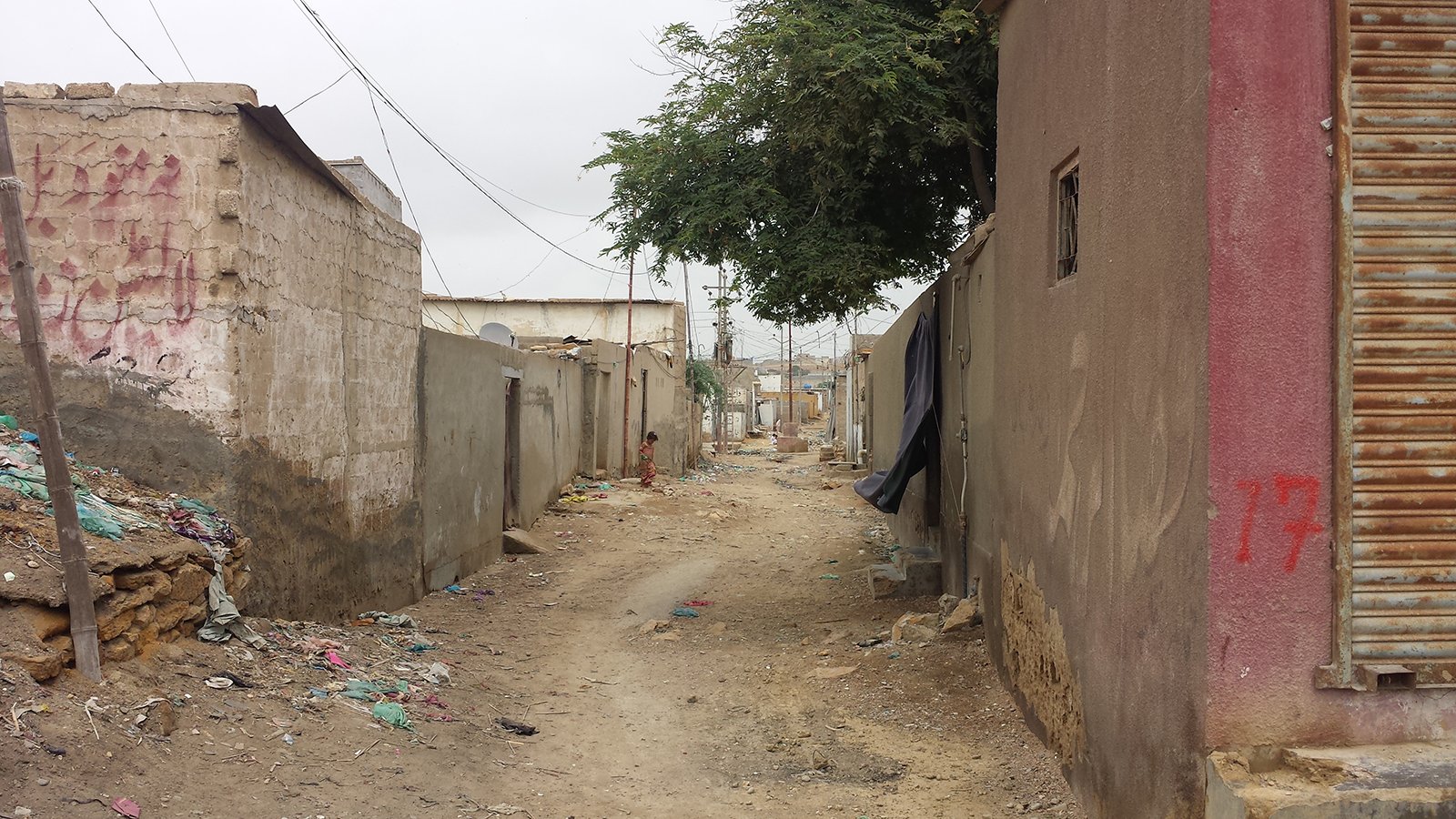
Once in the metropolis, the militants hid in Pashtun-dominated areas. The year of the elections, 2013, proved to be the bloodiest for Karachi in terms of terrorism-related incidents. Over 2,700 people were killed in various incidents of violence, according to data released by the Sindh police.
In Manghopir, the Taliban also set up unofficial courts to dispense their own definition of justice. Alamzaib Alai, an ANP leader who survived a bomb attack, tells Geo.tv that ward offices of the political party were seized by militants and named “crime control” centres. These then functioned as courtrooms to resolve local disputes. But Khattab disputes such claims, “Not a single unofficial court was established in the city. Anywhere.”
Razim Khan Khail, ANP’s vice-president of District West, explains that one of the reasons for the successful penetration of the Taliban was because there has never been proper surveillance of Pashtun pockets. “There are many katcha areas, where there is no concept of documentation of houses or any background check of people living in them. Tenants rarely asked for identity documents when renting out their properties.”
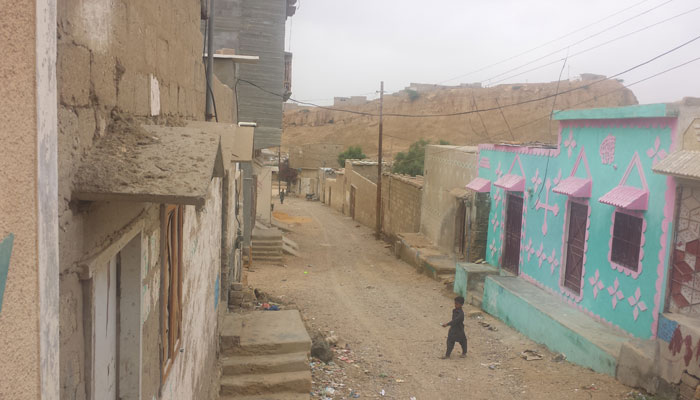
This loophole still exists. “The provincial government needs to build a mechanism for housing in this area if it wants to keep the militants out,” argued Khalil.
Another reason for terrorist networks thriving in Karachi was due to support from local groups and political parties, insists the ANP.
The Ahle Sunnat Wal Jamaat, a sectarian group that contested the general elections but lost, and the Jamaat-e-Islami (JI), a religio-political party, never condemned the violent ways of the armed men, says Alai.
“Instead, their leaders were calling militants martyrs and attending their funerals.” But the JI rubbishes such allegations. “We were also being threatened,” says a local representative of the party. “Though we faced no casualties, that does mean that we supported the terrorists.”
Today, ANP's Khail is thankful to the armed forces for the much-needed improvement in the law and order situation. Yet, he fears that this moment of relative calm could be short lived and the Taliban can still stage a successful comeback if, and when, the paramilitary operation ends.
“It is no secret that terrorist sleeper cells still exist in Karachi. When will they mount their next attack? How long will our peace last? No one can be sure.”





